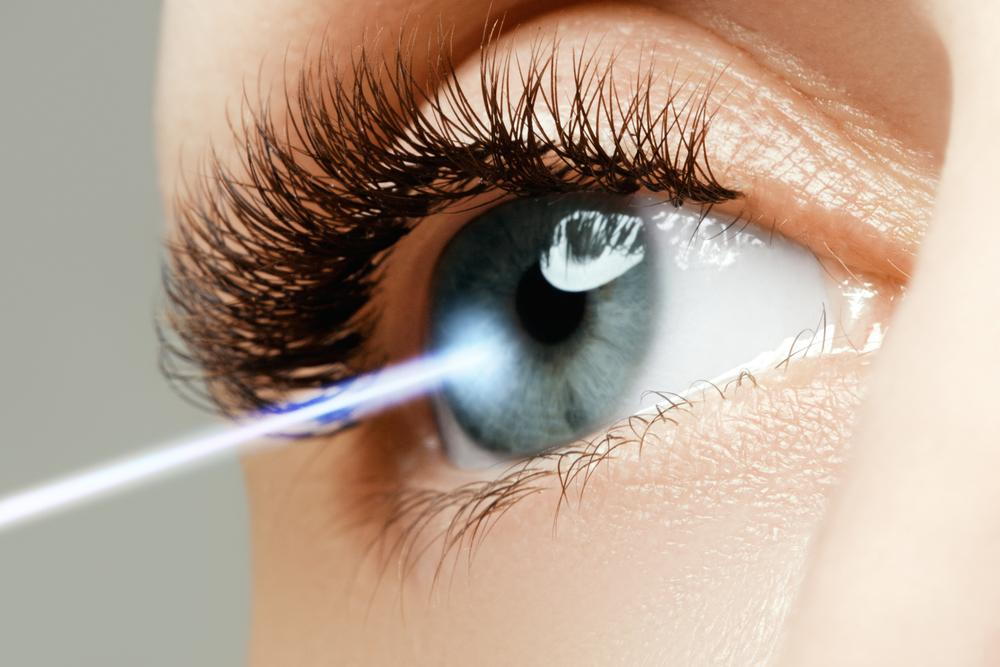7 Signs You Might Have Eye Cataracts
posted: Sep. 18, 2019.

Cataracts are the leading cause of blindness in older people because they develop over time. This condition can affect one or both eyes, and occurs when the eye’s clear lens becomes cloudy. Having a cataract can result in dulled color perception, blurry vision, and difficulty seeing at night. To slow the progression, patients are encouraged to seek treatment from an optometrist in the early stages. Here are the seven warning signs that you might have cataracts provided by our eye care professionals at Advanced Eye Care Associates in Providence.
Clouded Vision
One of the first signs of early-stage cataracts is blurry vision. Some have reported that it is similar to looking through a foggy or dusty window.
Nighttime Vision
Many reported seeing slight twinges of yellow or brown in their vision. This symptom is magnified at night.
Light Sensitivity
If you notice an increased sensitivity to light, it may be time to visit your eye doctor. Light sensitivity can cause headaches and affect how you drive at night.
Halos Around Lights
As the lens begins to cloud, you may notice glare and halos around lights. This is particularly noticeable during nighttime driving.
Discoloration
Many cataracts sufferers notice a discoloration in their vision. Everything takes on a brownish or yellowish tint, making it difficult to tell the difference between purples and blues.
Double Vision
If you’ve noticed double vision in one or both eyes, meet with your optometry specialist for an eye and vision exam as soon as possible.
Sudden Vision Changes
Frequent prescription changes can be an indicator of cataracts. Since cataracts are a progressive condition, your vision can become worse over time.
Prevent Losing Your Sight To Cataracts, Contact Our Eye Doctors Today For An Eye Exam
For cataracts patients, early detection and treatment are critical. For this reason, Advanced Eye Care Associates in Providence advocates routine eye care and optometry appointments. If you’ve noticed any of the above symptoms, call (401)-331-2020 to request an appointment with an optometrist.

